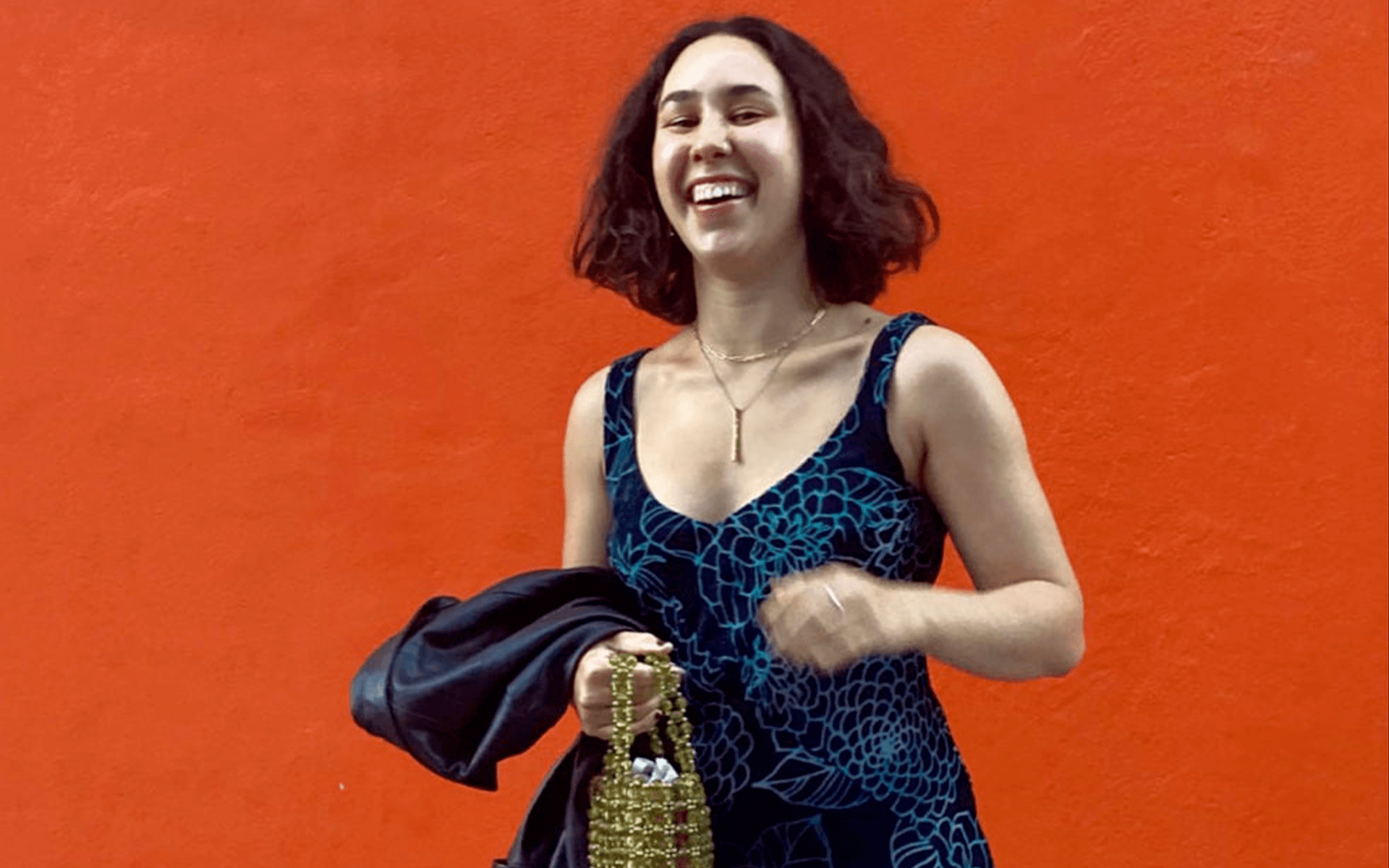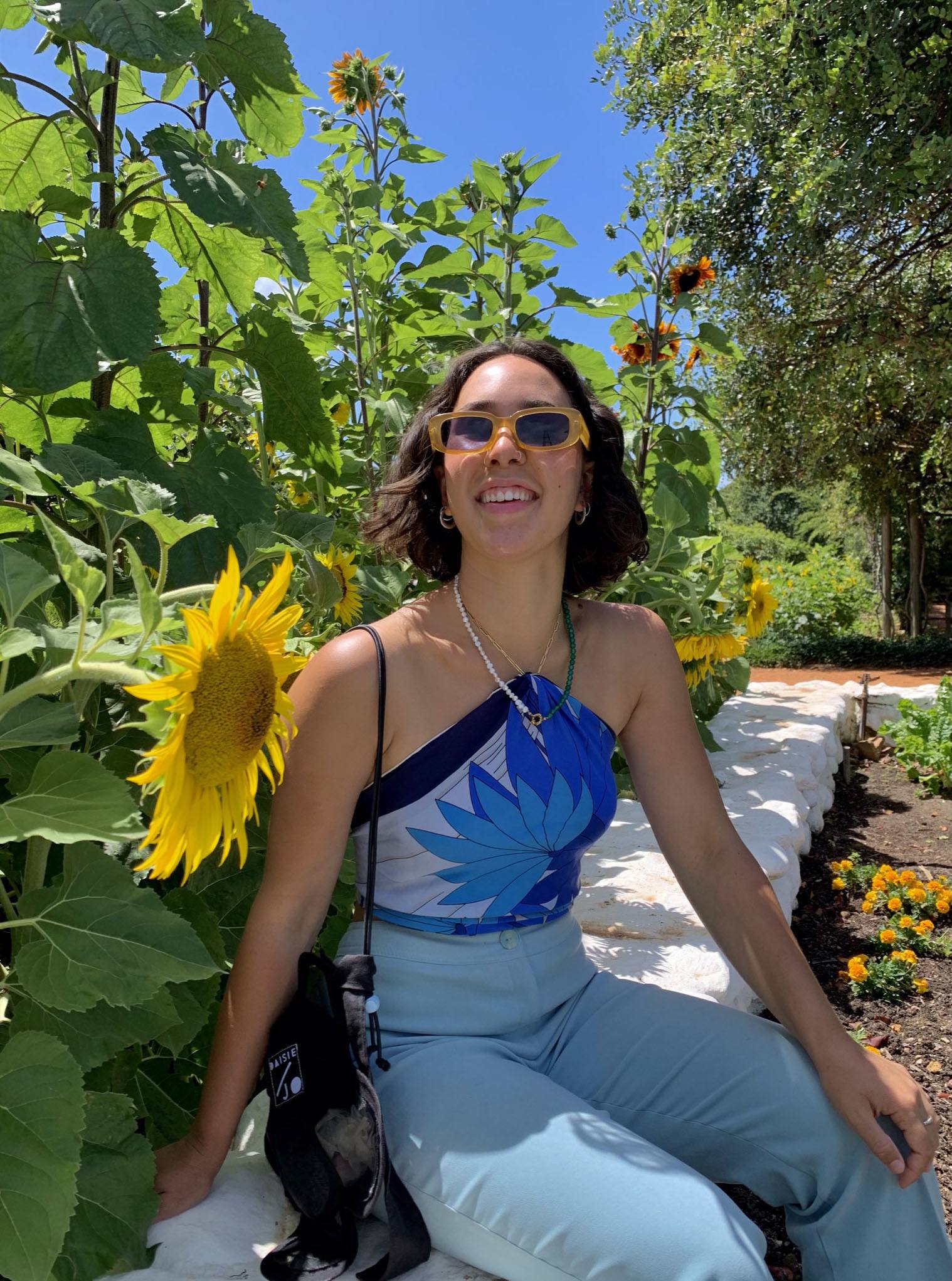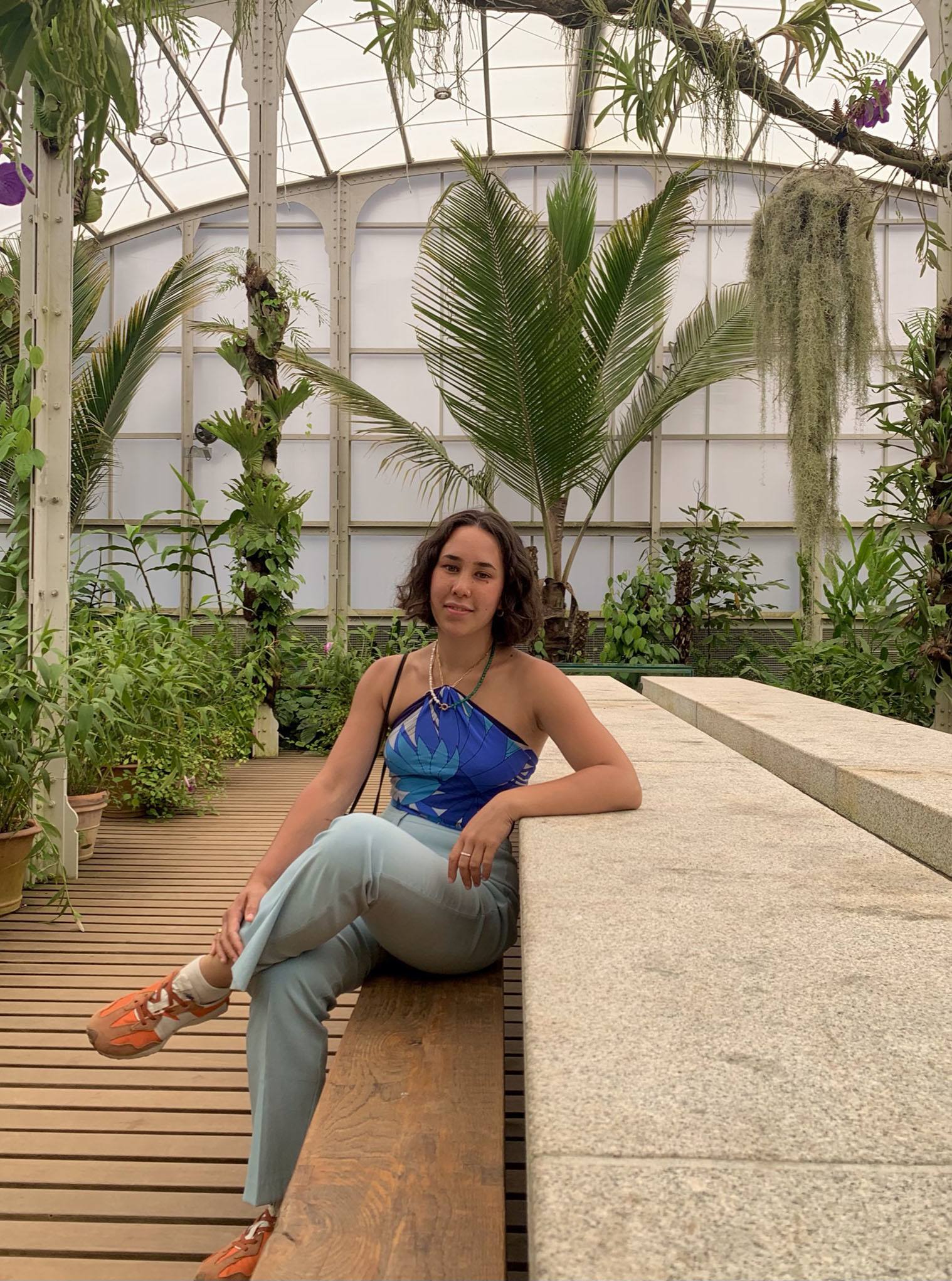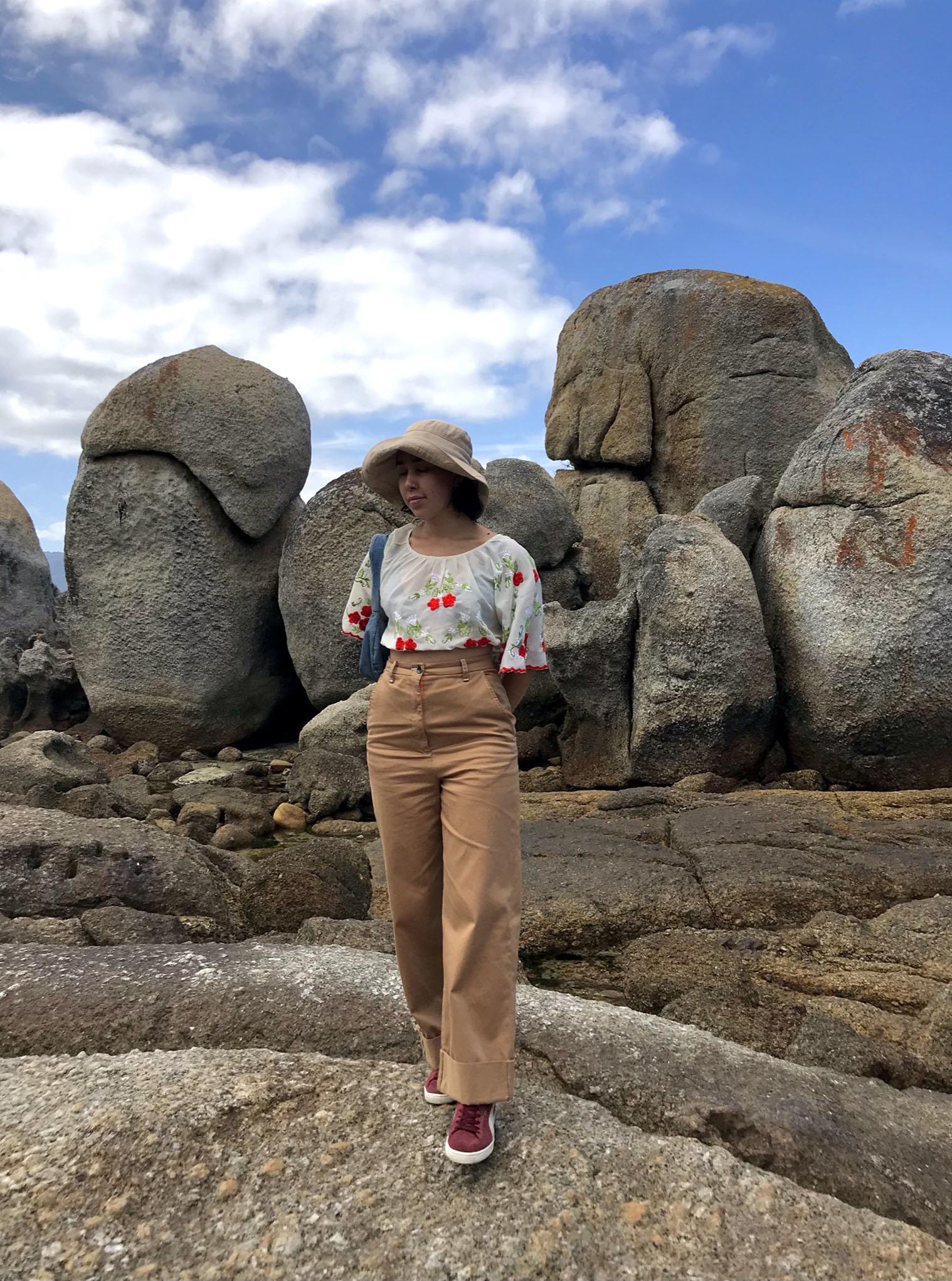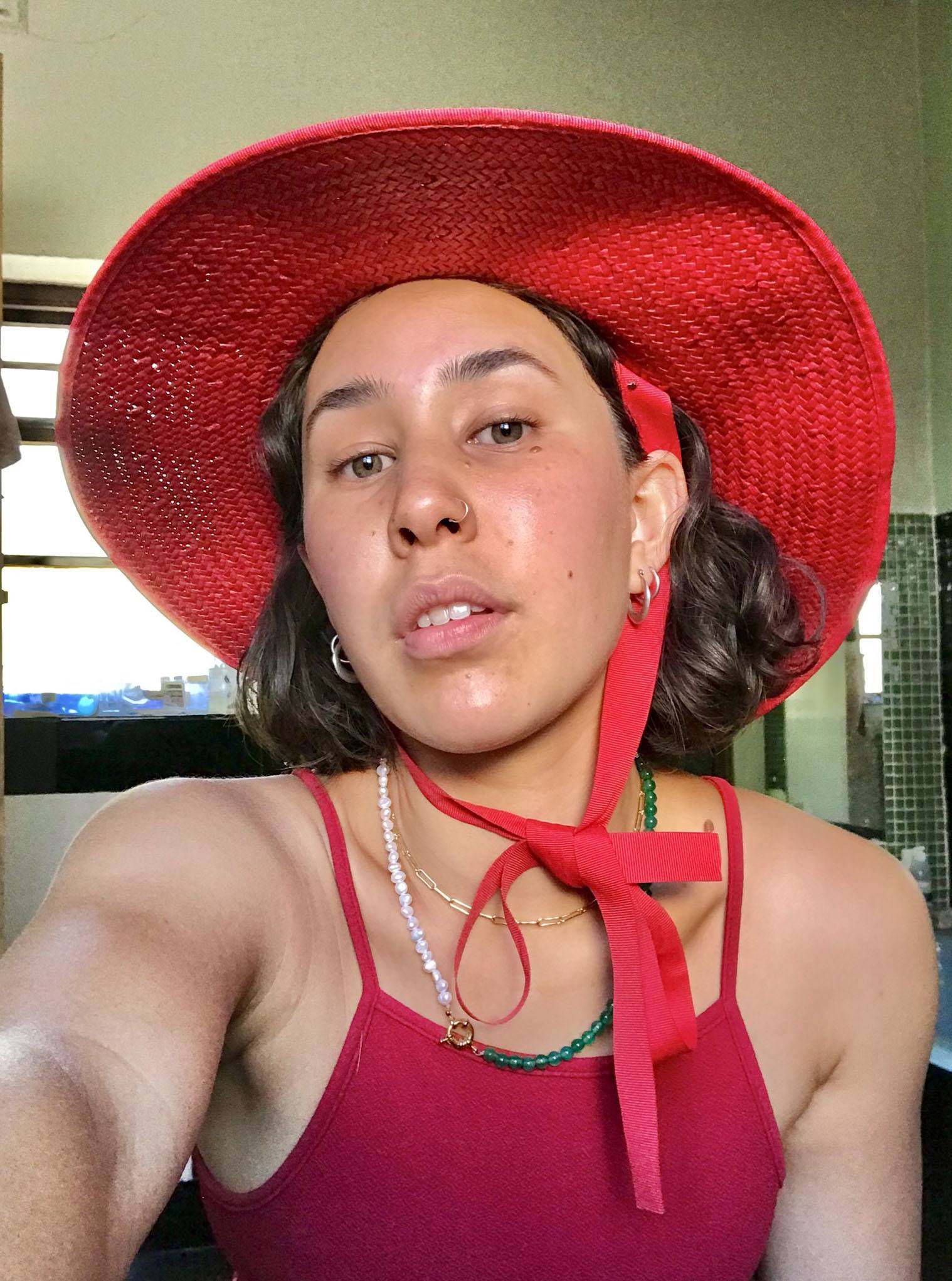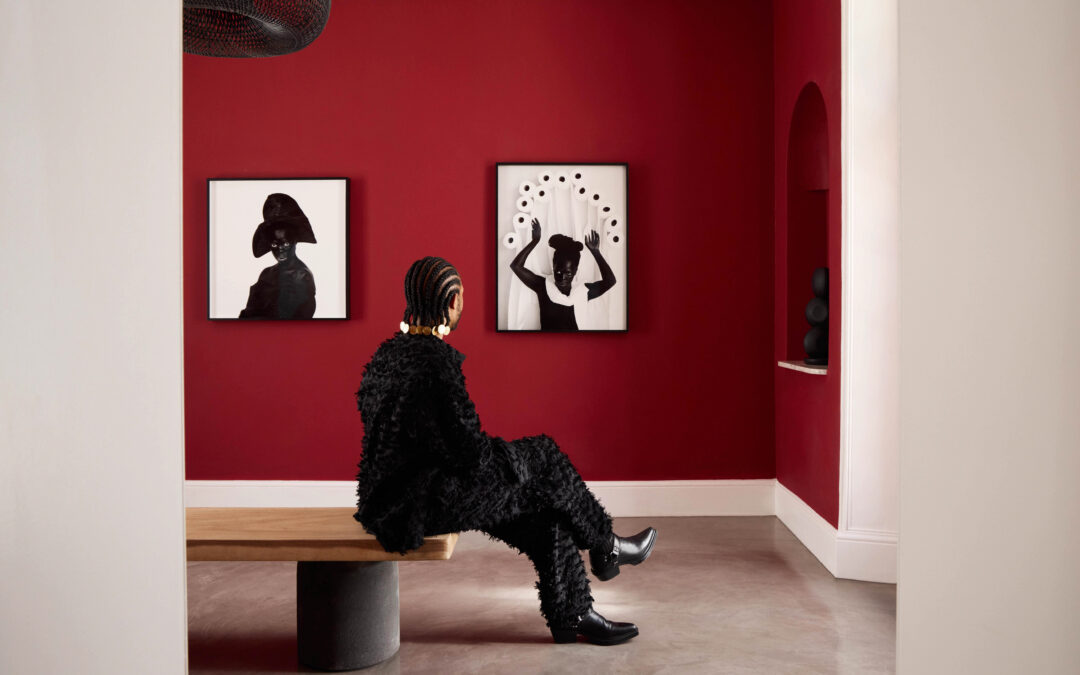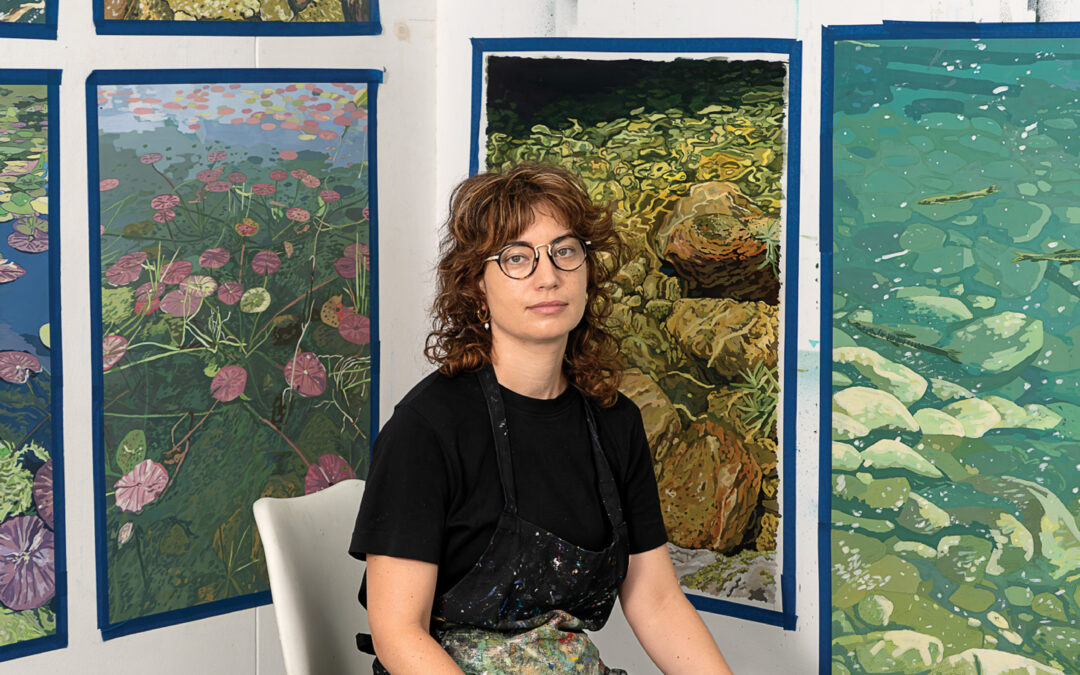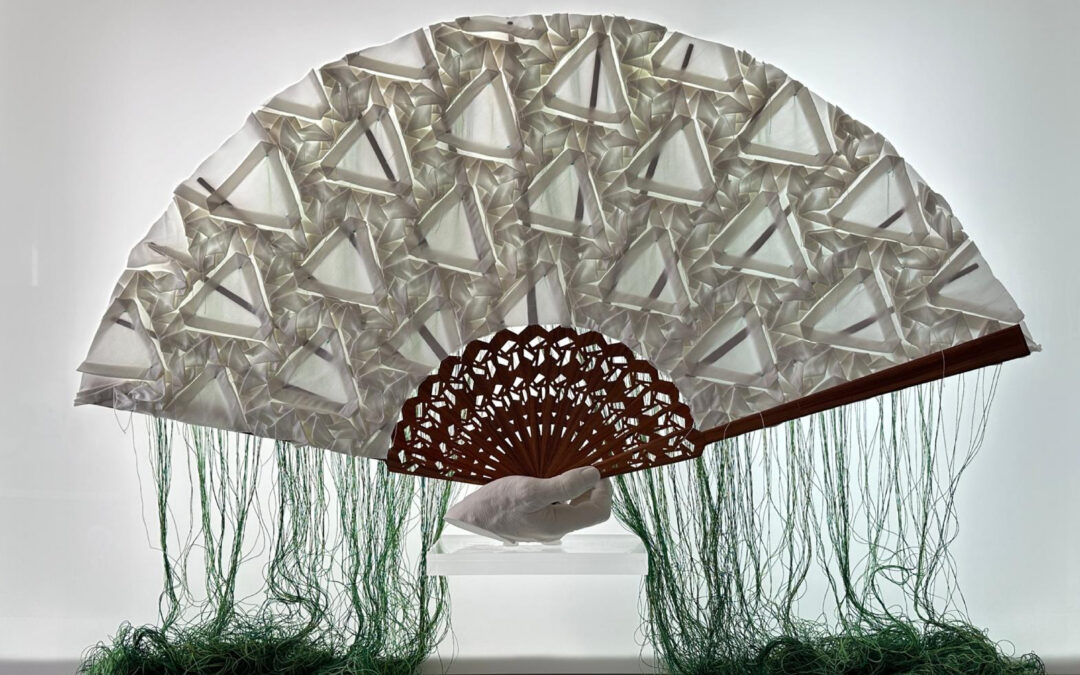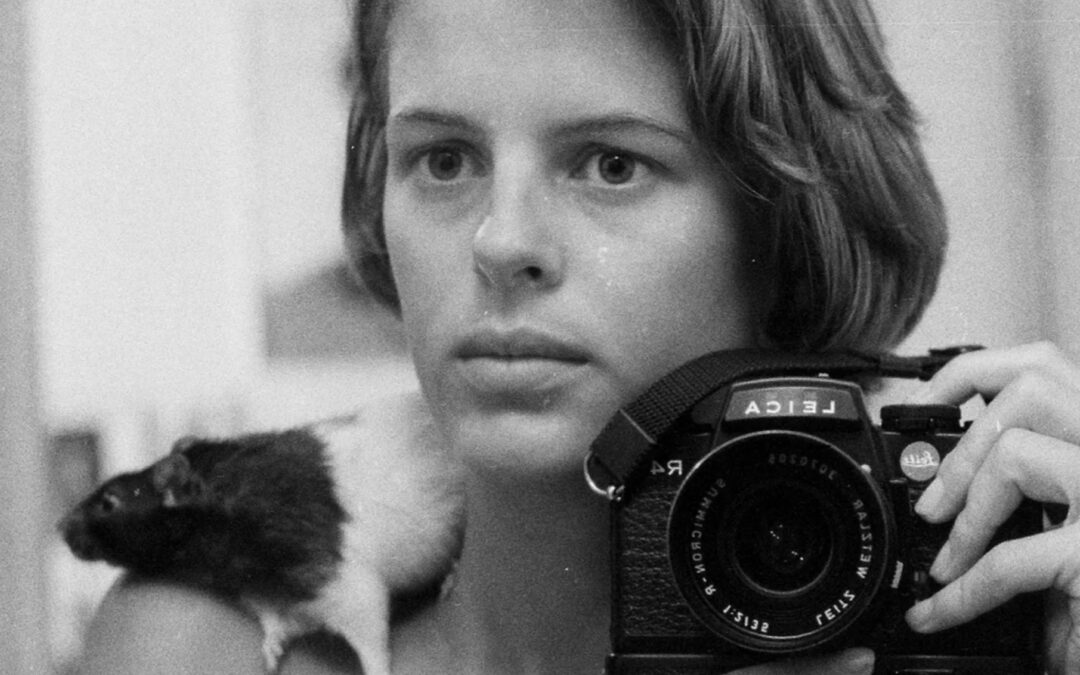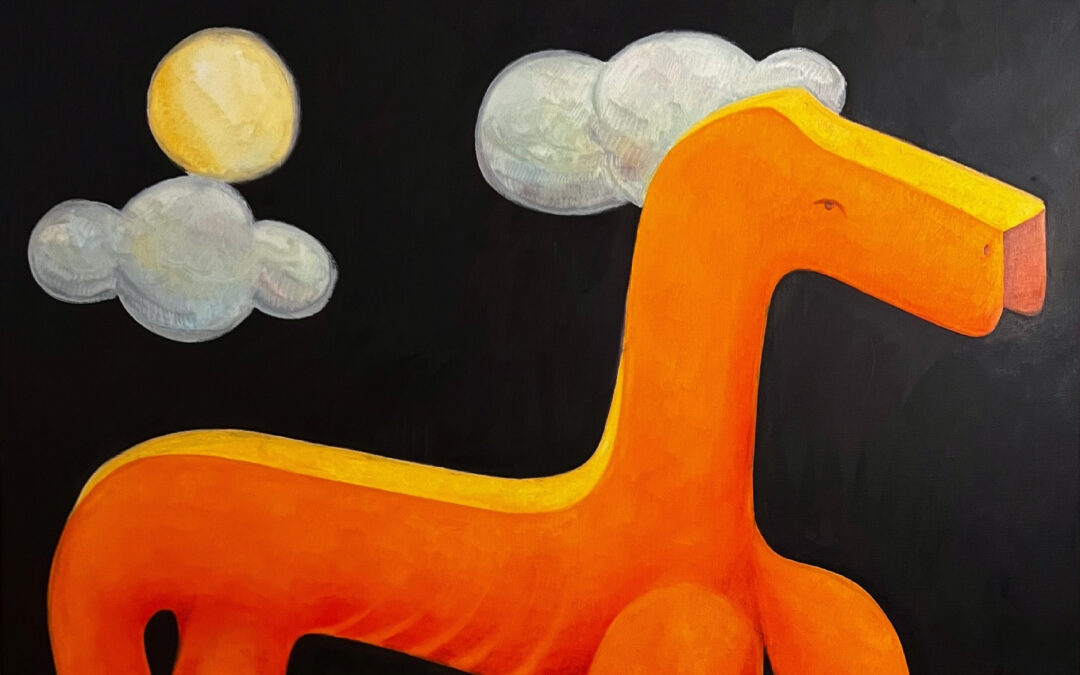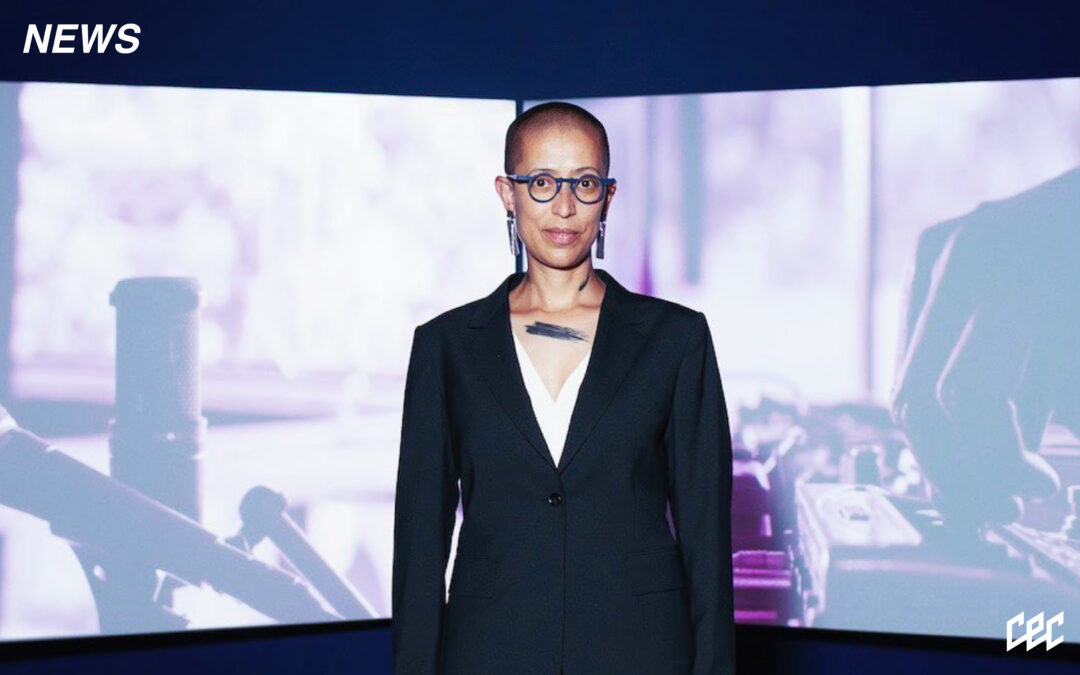In uncertain ecological times, and with our crystallizing awareness around the social, racial and gendered inequality that permeates through our local and global communities, it can often be difficult to retain a sense of hope. I have often faced bouts of existential, nihilistic dread during these last few years of my 20s – oscillating between extremities of positive denialism and passive depression. Stella Hertantyo is one of those rare beings that I have come across who seem to embody both balance and joy in ways that inspire and delight – yet remains deeply engaged and critically minded of the intersections and realities that converge on the path to embodying a better way forward on this planet. I first met Stella in 2019 at Rewoven’s Future of Fashion sustainability symposium – and alongside her best friend & co-creator, Masego Morgan, I have since looked to both of them as expressions of what it means to wholly and irrevocably believe in human beings, and thus the planet Herself.
Stella is a slow-living, slow-fashion writer and practitioner; working with Tywg (Jackie May’s gorgeous publication), Conscious Fashion Collective and Conscious Life & Style. We sat down at the vibrant Sonder café in Obs to chat about what led her to the slow-living & sustainability movement;
“I think it has always been an innate part of me – the curiosity for the world we live in, and concerns around all the ways we can see how misaligned the world is systemically. In my second year of studying journalism, I went to a clothing swap run by Masego – and my mind was really blown. I had been thrifting and had always old & vintage things, but had not really understood it as a political choice, or made the connection with thrifting as a social movement. There was no money exchanged in this space, there was nothing to do with shopping – yet it still fulfilled this desire for newness in me. The sense of community, above all, struck me, and it opened my mind to the fact that there were ways to engage with fashion outside of the mainstream system.” Stella explains the pivotal moment that re-directed her course; and in many ways, this was forged through her friendship & sisterhood with Masego. Fashion as a capitalist industry is a behemoth – it is an unruly, excess driven system rather than any kind of space or community that speaks to fashion as a vehicle of expression. Yet, many of us are drawn to it like a moth to a flame; and stories like this remind that when the task of change is insurmountable, it can also be a conversation between two strangers at an experimental clothing swap – later to become a beautiful friendship and educational space in the form of @cnscs_.
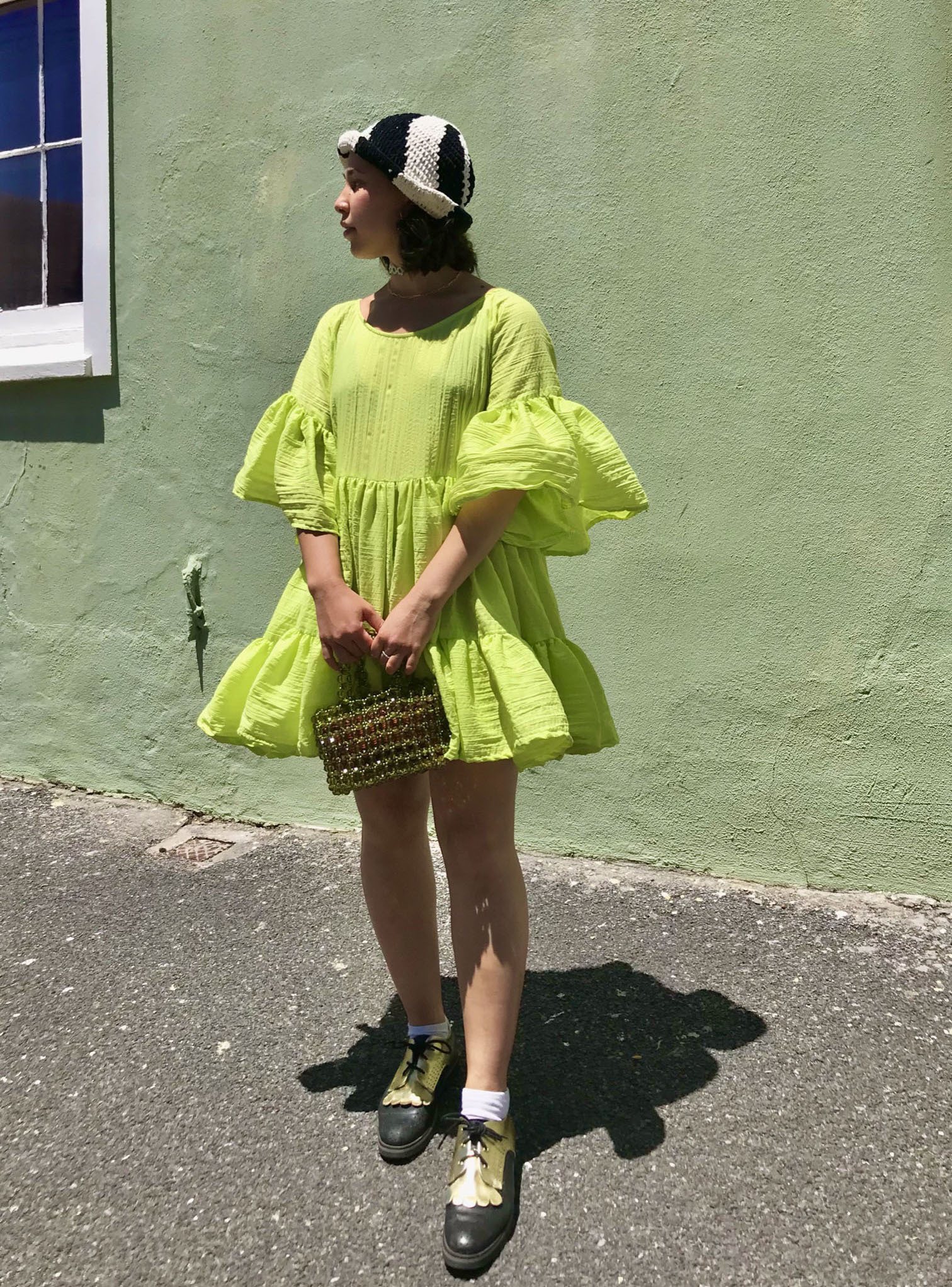
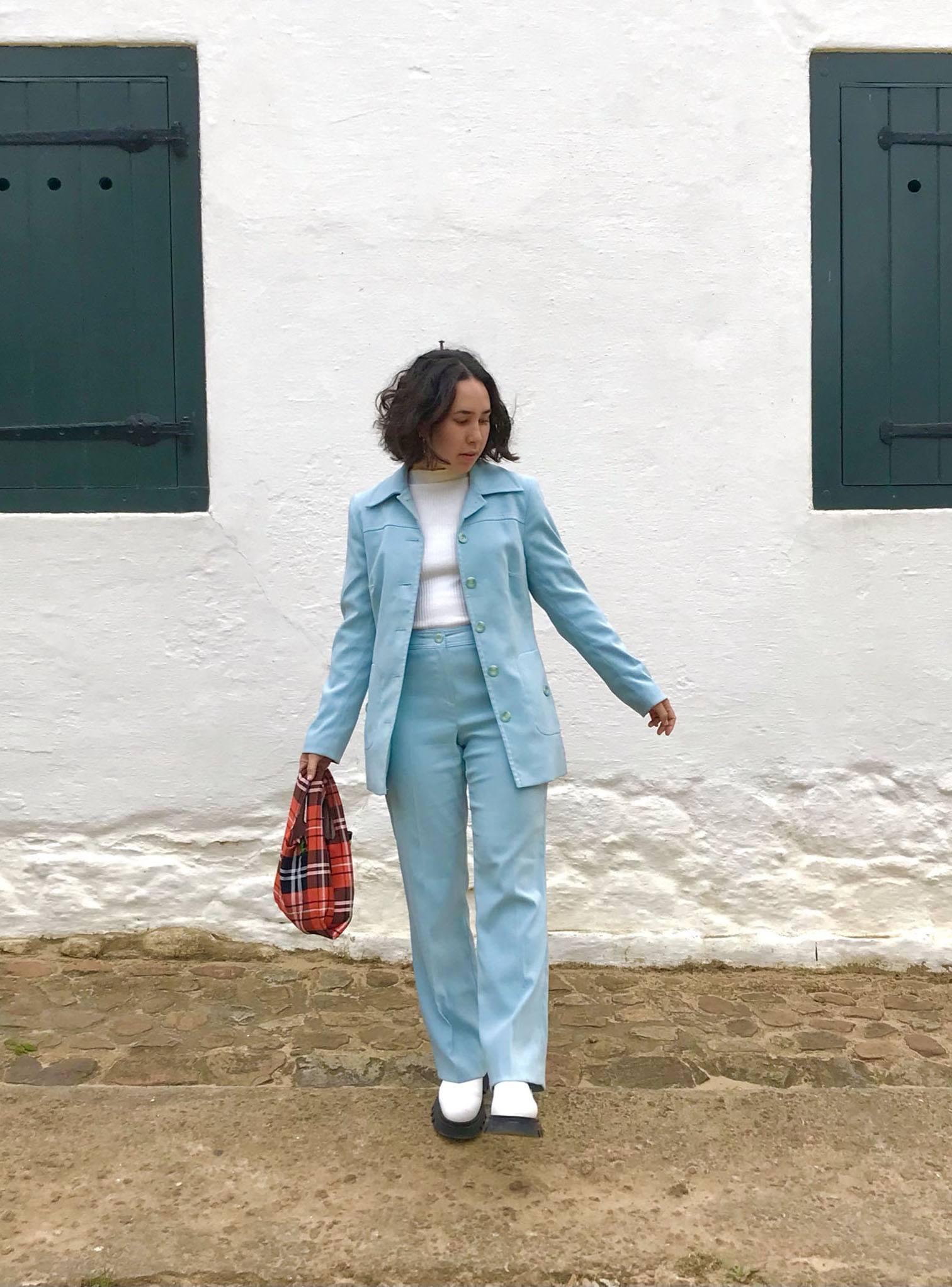
“I will always regard Masego as the start of this journey for me, because at the time she was the only person I knew who was a similar age and South African, speaking about the social and environmental ethics around clothing. With cnscs_ (pronounced “conscious”) we realised we were having all these conversations with each other, and wanted to solve questions on these issues outwardly and expand to a community around us. A lot of our plans for the platform had to adapt when the pandemic hit, but I think it’s still an example to both of us about how we can use social media and technology to create conversations particularly in the context of the global south and Africa. My heart is very socially-orientated, so the environmental aspect came later – we used to have such a thriving garment industry, where did it go? – so I began connecting these dots that I had in my mind.” Stella states, which reminds me of something I have been understanding in my own process; that it is the legacies of imperialism, colonialism and its extractive, divisive operations on indigenous communities that have led us down the road we are on regarding the climate crisis. Perhaps the planet reflects back to us our own imbalances and violences – and that this is where we need to look first in securing any kind of future for humanity.
“While fashion was a starting point for me, it has really splintered at this point! I am so curious about slow-living and sustainability – and I had this energy to explore more in this space that I could see affected change. So my post-grad at the Sustainability Institute in Stellenbosch taught me so much about land, food, social equity – and I don’t really see myself as a “fashion person” or fulfilling that persona, more the textiles aspect which is underpinned by the soil and agricultural practices and issues. We have so much to shift, and I think understanding the interconnectedness of all things has allowed me to weave a more authentic picture in how I would like my career and life to relate to sustaining and honouring this world.”
To me, Stella is carving a path that exemplifies the power in holding values personally and professionally. Through her example, I am incredibly hopeful and excited for our generation’s ability to transmute a dire inheritance into a world driven by community and conscious principles – and that truly, we never need to concern ourselves with a singular narrative or trajectory for our lives – all is connected, and to be aligned to this truth is to forge a new philosophy. I urge you to follow her work as it unfolds; voices like Stella’s are the ones we need at the forefront.

